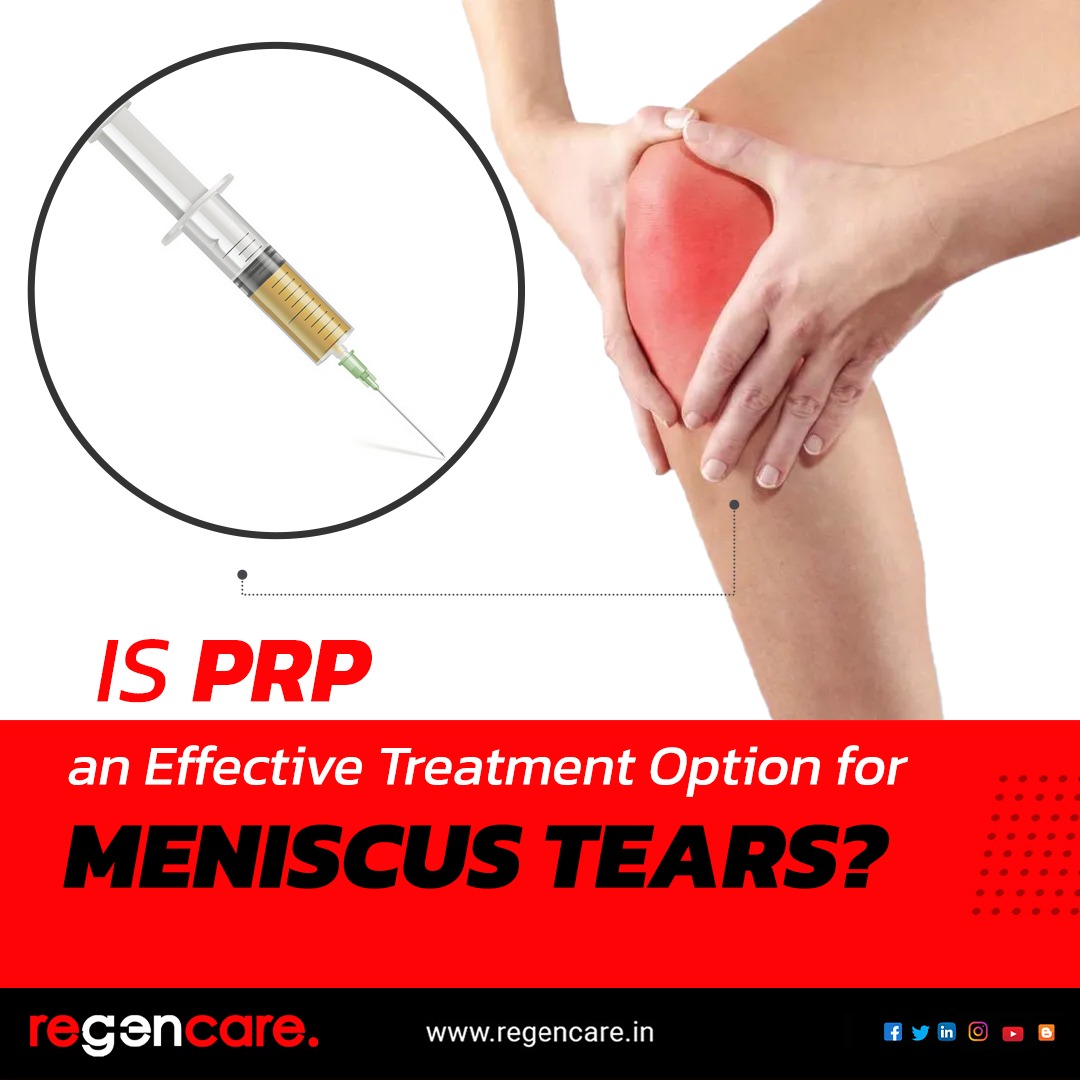
Did you know that a meniscus tear accounts for 10%-20% of all orthopaedic surgeries? The meniscus is tough to reach and unlikely to mend on its own due to its position.
The knee is one of the body's strongest joints, and it bears the brunt of daily wear and tear. Only four ligaments are present to keep it stable. Knees are not very flexible, and it's easy to over-twist it.
ACL ligaments can be torn by excessive force and rotation. The meniscus, a cartilage cushion between the femur and the tibia that absorbs shock, can also be torn.
Athletes who twist their bodies or play sports with a lot of direction changes are more likely to tear their meniscus. They can, however, occur in anyone who inadvertently twists their knee in the wrong direction.
What Is PRP Therapy and How Does It Work?
PRP therapy is a non-surgical injury treatment method. The procedure is performed at a clinic and entails drawing blood and injecting it back into the injury to aid recovery.
This is referred to as "autologous treatment," which means the healing material is supplied by the patient. Other operations, such as transplants, need the use of someone else's tissue. One of the advantages of autologous treatments is that the substance will not be rejected.
-
PRP for Meniscus Injuries
PRP is a very effective treatment for meniscus tears. Due to the lack of blood flow in the deep meniscus, PRP injections allow platelets to reach the lesion.
If the injections are completely effective, they may be able to eliminate the need for surgery. Osteoarthritis and subsequent knee deterioration are potential side effects of surgery. The use of PRP injections for meniscus tears can eliminate all of these concerns.
The surgeon must determine whether to maintain or remove tissue components while mending a meniscus. Removing them may result in faster and more effective recovery, but at the expense of longer-term repercussions. Keeping them in can make recovery after surgery more difficult.
When PRP therapy is used to treat meniscus injuries, surgeons are more likely to retain the meniscus intact. After surgery, PRP permits the meniscus to heal fast and fully.
According to studies, the growth factors in PRP help patients recover faster and keep more of their meniscus after surgery.
Furthermore, the meniscus almost never tears on its own. It frequently tears at the same time as the ACL or another ligament. PRP can also help to speed up the recovery of ligaments and tendons in the area.
Contact Regencare if you've torn your meniscus; PRP for meniscus tears is one of the many treatments we provide. If PRP isn't the ideal treatment for you, we have a number of different options. For more visit www.regencare.in










